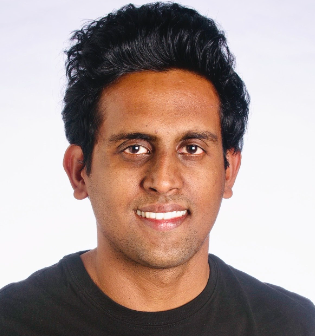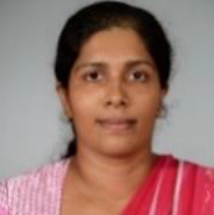# Tutorial 1

Title : Internet of Things - Theory and Practice
18
th
of February 2023 9.00 AM - 12.00 Noon
Abstract
The Internet of Things (IoT) describes a network of physical objects – ‘things’ – that are embedded with sensors, software, and other technologies to connect and exchange data with other devices and systems over the internet. Over the past few years, IoT has become one of the most important technologies of the 21st century, where IoT touches everything and everything has IoT. Given the high demand in the area and future potential, the objective of this half-day tutorial is to provide the fundamental theory and practical knowledge required to develop and deploy real-world IoT solutions for modern-day use cases.Tutorial Outline
- Introduction to IoT
- Common IoT sensors, their operation and interpreting specification sheets
- Embedded software and hardware platforms related to IoT
- Communication, networking, and cloud-based aspects of an IoT
- Building a simple IoT system and deploying it in real-world
- Final remarks and open research problems in this area
Target Audience
This tutorial mainly targets attendees new to the field of IoT. Therefore, we believe that students, researchers, and practitioners from the respective fields of study would be highly benefited from this tutorial.Resource Person
Dr Samiru Gayan
University of Moratuwa

# Tutorial 2

Title : Software Reliability Detection and Mitigation in Distributed Platforms
20
th
of February 2023 5.00 PM - 8.00 PM
Abstract
Software reliability engineering is a well established branch of study. With the advent of scalable distributed platforms, reliable service delivery with less failure rates are highly demanded. Failure detection, recovery and mitigation mechanisms are sought after to help the developers to create more reliable products/services and for the users to enjoy the products/services seamlessly. This tutorial aims to discuss the approaches in software failure recovery and mitigation considering the stand alone and the cloud based distributed systems considering dependencies on resources, platforms and networks. Outcome of this discussion is to share the insights related to the recent advancements in software reliability engineering.Target Audience
Anybody interested in reliability engineering and chaos engineering. Preferably with a general background on science, engineering and technology.Resource Person
Dr U.S. Premarathne
The Open University of Sri Lanka
